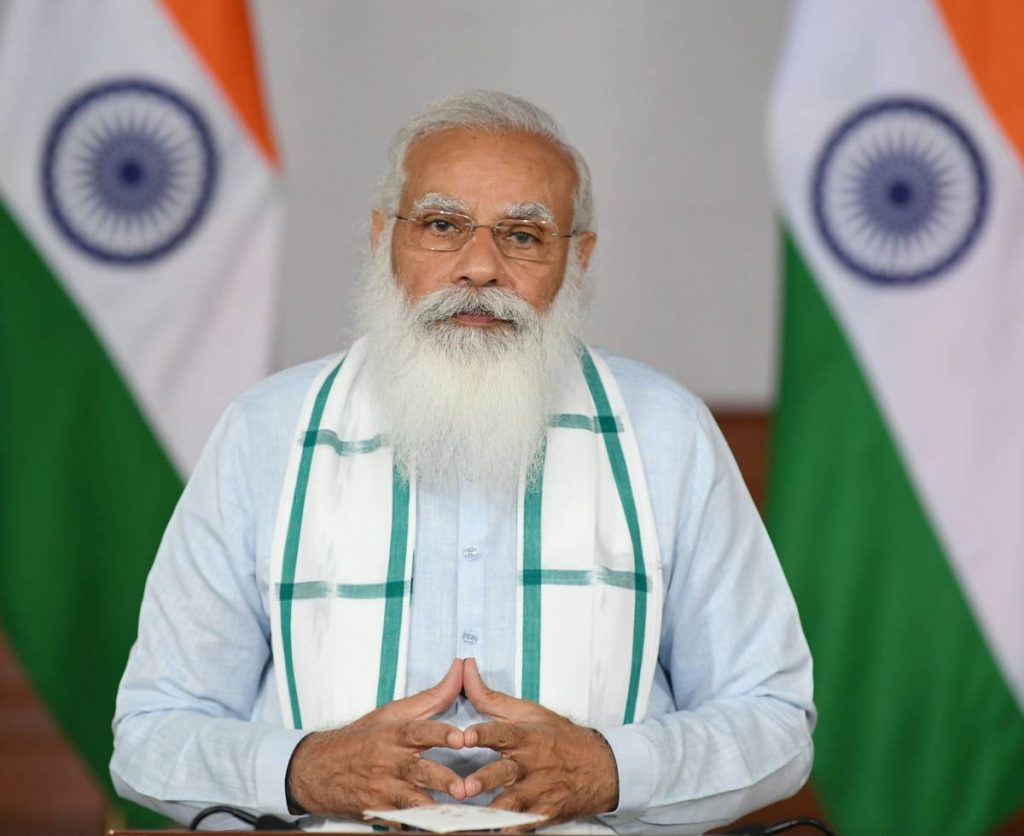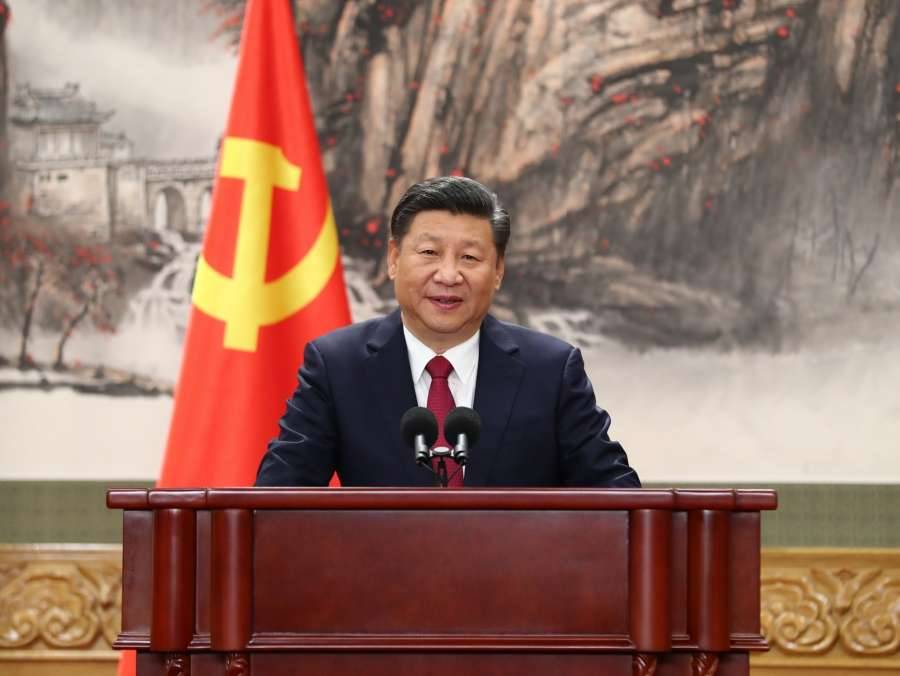BRICS as an organisation has been floundering along, while the QUAD has been moving forward, writes Major General (Retd) Harsha Kakar
After the announcement of the next Quad leaders’ summit in Washington on September 24, Chinese Foreign Ministry spokesperson Zhao Lijian stated, “China believes that any regional cooperation framework should go with the trend of the times and be conducive to mutual trust and cooperation between regional countries. It should not target any third party or harm their interests”.
He added, “To form exclusive cliques targeting other countries does not conform with the country’s aspirations, won’t be popular and has no future”.
China has always considered the creation of the Quad as seeking to challenge its power. It had termed the Quad as an Asian NATO, believing it to be directed against it.
Indian External Affairs Minister S Jaishankar, addressing the Raisina Dialogue in April this year, had said, “The idea that when we come together and there is some sort of a threat or messaging to others, I think people need to get over this… This kind of using words like ‘Asian NATO’ etc is a mind-game which people are playing”.
While addressing the press alongside his Australian counterpart Marise Payne, post the 2+2 dialogue last week, Jaishankar commented, “Looking back, I think a term like NATO is a Cold War term. Quad looks at the future. It reflects globalisation and compulsion of countries to work together”.
The Indian view of Quad is not just military, as viewed by China. Quad is aimed at winning support from ASEAN and other nations currently facing Chinese threat. The only way to draw them towards the Quad is to provide them with what China offers but with softer terms and conditions.
Prime Minister Narendra Modi had stated in the virtual Quad summit in March this year, “We will work together, closer than ever before, for advancing our shared values and promoting a secure, stable and prosperous Indo-Pacific. Today’s summit meeting shows that Quad has come of age. It will now remain an important pillar of stability in the region”.

However, such is the Chinese concern on the Quad that its ambassador to Bangladesh warned the country that relations would be ‘substantially damaged’ if Dhaka supported it.
The Quad, post the first leaders’ summit on March 12, decided to provide equitable access to vaccines for nations of the region. It formed working groups on climate change, vaccines and emerging technology. It emphasized on a ‘free, open rules-based order, rooted in international law to advance security and prosperity and counter threats to both in the Indo-Pacific and beyond’.
This impacted China, which has always believed that the Quad is solely a military alliance and aimed directly at it. In addition, Quad exercises, including Quad plus, continue unabated. All members of Quad have sailed their naval vessels in the Chinese claimed seas. The involvement of various European nations in support of the Quad indicates that it is now a reality.
The forthcoming summit in Washington will only strengthen the organization. Steps to counter Chinese influence in the Indo-Pacific, enhance the confidence of nations facing Chinese threat and greater military presence in the South and East China seas, which China claims as its own, are likely key agenda issues. As earlier, climate change, the ongoing pandemic and sharing technology will continue remain as objectives. It is also likely to finalize funding of infrastructure development in the Indo-Pacific as a counter to BRI (Belt Road Initiative). In addition, linkage of the newly-created AUKUS (Australia-UK-US trilateral) with QUAD could be discussed.
BRICS a discussion forum with little global impact
While leaders of QUAD display solidarity in thought and action, the recently concluded BRICS summit displayed differences between its member countries. On expansion of the UNSC, Russia and China, as usual, supported the aspirations of other BRICS members, but refused to back them. This has been their stand for the past few years.
Afghanistan is not of major concern to South Africa and Brazil. Even amongst Russia, India and China, there was little common ground. Russian President Vladimir Putin in his address blamed the US and its allies for the current mess in Afghanistan. He stated, “The US and its ally’s withdrawal from Afghanistan has led to a new crisis and it is still unclear how this will affect regional and global security”.

Xi Jinping made no mention of Afghanistan in his address. After all, China is backing the Afghan government and seeking to engage with it with the intention of exploiting Afghanistan’s minerals and expanding its BRI.
On Afghanistan, the summit declaration stated: “We underscore the priority of fighting terrorism, including preventing attempts by terrorist organisations to use Afghan territory as terrorist sanctuary and to carry out attacks against other countries, as well as drug trade within Afghanistan”. A stronger stance could not be taken, nor could Pakistan be accused of supporting terrorist groups including the LeT, JeM and Haqqani network, since China was at the table.
The BRICS summit received no mention in global media, whereas the Quad has been adversely commented upon by both Russia and China, who are also members of BRICS. Every Quad summit gains global headlines. The disconnect between the two is evident as BRICS as an organization has been floundering along, while the Quad has been moving forward. It may also be the result of the BRICS remaining a discussion forum with little global impact, while the Quad displays its power in the region.
Further, BRICS includes two adversaries, India and China, as members, while the Quad comprises partners, who share the same strategic end-state of countering Chinese influence. In a similar manner, RIC (Russia-India-China) forum has never moved beyond being a talking forum. When nations with divergent views are part of the same grouping, the chances of them positively impacting the globe are low, as compared to groups where nations have a common goal.
However, for India, it is essential to remain in multiple groupings, even if they remain talking forums with little impact, as it provides opportunities for leadership discussions to resolve regional issues.
Leader discussions have been impacted due to Covid protocols but could recommence in the future. Simultaneously, India must continue to emphasize that alliances as the Quad are not a threat to members of other groupings. (India News Network)
(The author is a retired Indian Army officer; views expressed are his own)

Leave a Reply